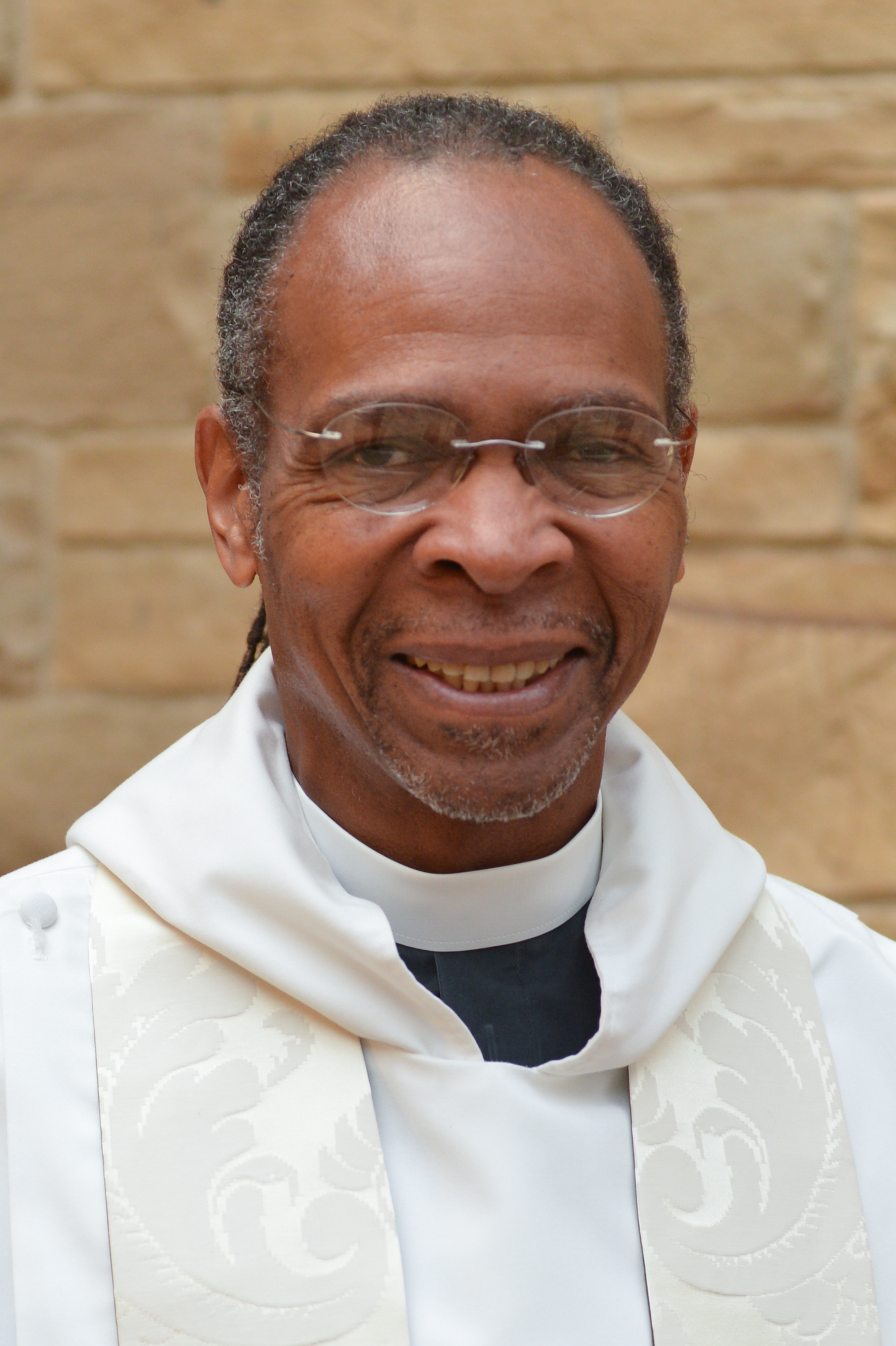 So moved was I by our in-person singing of hymns these past couple of Sundays that I actually dreamt about hymn books last night! Really. Out of nowhere I found myself facing an old library section of shelves. Before me were row after row of hymn books, commentaries on hymn books, illustrated hymn books and more. I remember thinking they must have been donated by missionary societies from around the world, alongside selections from churches across the country. That idea daunted me as I thought: there’s virtually an infinite number of congregations out there. I was about to flee the scene, a victim of library fatigue, when a new section of remarkable volumes commanded my attention.
So moved was I by our in-person singing of hymns these past couple of Sundays that I actually dreamt about hymn books last night! Really. Out of nowhere I found myself facing an old library section of shelves. Before me were row after row of hymn books, commentaries on hymn books, illustrated hymn books and more. I remember thinking they must have been donated by missionary societies from around the world, alongside selections from churches across the country. That idea daunted me as I thought: there’s virtually an infinite number of congregations out there. I was about to flee the scene, a victim of library fatigue, when a new section of remarkable volumes commanded my attention.
A spectacular row of books featured illustrations of countries where the hymns originated. Each book showed maps so realistic that viewing them was like journeying to exotic lands. Turning pages I was teleported to vivid aerial overviews of different locales: Portugal, Peru, Germany, Africa, on and on. Each page became a virtual reality portal a viewer could enter while browsing the featured hymns. The magic grew so alluring I nearly became a traveler to the lands where the songs were being sung, where composers were producing them, and where the folk and the choirs were engendering and animating them.
Just so, in this month when we assemble back in church and sing together again, we ARE the embodied spirit of those songs and aspirations: from varied nations and climes we ARE the people of God arrayed in ranks of pews, and in choir formations, and in scattered clusters of song-singing hearts and minds, yearning for our words to ring true in space and time.
“The theme which myths and fairy tales sing of, the force which impels masses into movement, the desideratum of founders of religions, what philosophers have brooded over, the object of the enquiries of scientists, the visionings of poets, the achievements or aspirations of statesmen and revolutionaries . . . (Josef Weber, “The Great Utopia,” 1950)”
The scenario above describes our post-quarantine experience in church June 6th and 13th when we sang hymns so in sync with the scriptures and the occasion that I felt holiness envelope us like an aura.
We the Lord’s people, heart and voice uniting, praise him who called us, out of sin and darkness, into his own light, that he might anoint us, a royal priesthood . . .
This is the Lord’s day, day of God’s own making, day of creation, day of resurrection, day of the Spirit, sign of heaven’s banquet, day for rejoicing.
In the Lord’s service, bread and wine are offered, that Christ may take them, bless them, break, and give them to all his people, his own life imparting, food everlasting (The Hymnal, 1982: 51).
Our sermon theme that day featured Howard Thurman’s masterful phrase, “the sound of the genuine.” With customary felicity our Canon for Music selected, and the choir heralded forth, compelling anthems that exemplified our Lord’s authenticity portrayed in the Gospel reading (Mark 3:20-35). Also a passing reference in the sermon found affirmation in our singing: Corpus Christi (Latin: Body of Christ) celebrated by Roman Catholic churches across the world that week. In resonance we sang the following lines from our Protestant classic, “Guide Me, O Thou Great Jehovah” (The Hymnal 1982: 690):
. . . bread of heaven, bread of heaven, feed me now and evermore.
Thus the synergies became real for us that day: between the sacramental bread and wine on the altar, and ourselves as His incarnate body communing with Christ and each other ‘in spirit and in truth’ (John 4:24). Beyond all that, the sermon challenged us to carry forth our sacramental reality—the ‘Real Presence’ of Christ in us—into the world also, as we become with Jesus ‘broken bread’ and our lives ‘poured-out wine for the life of the world’ (Oswald Chambers, “The Commission of the Call”).
Henceforth, may such holiness endure beyond our worship and prove the truth of this declaration from our ‘presentation hymn’ that day (The Hymnal 1982: 379):
God is Love; and though with blindness sin afflicts all human life,
God’s eternal loving-kindness guides us through our earthly strife.
Sin and death and hell shall never o’er us final triumph gain,
God is Love, so Love for ever o’er the universe must reign.
